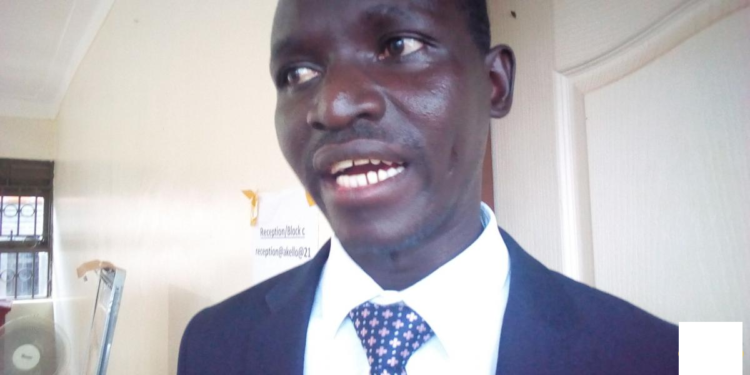There are mixed feelings about the successful implementation of the Parish Development Model- PDM in the Karamoja sub-region because of the biting hunger and insecurity.
Early this year, the government launched the Shillings 490 billion program, just about a year after the marketing of Emyooga, another initiative geared toward wealth creation. Under the PDM, each parish received Shillings 17 million last financial year to start the implementation of the program.
The fund is expected to hit Shillings 100million for each parish in this financial year. However, in Karamoja, the implementation of the PDM hangs in balance as the local leadership and the government struggles to address issues of hunger and insecurity.
Paul Lokol, the Nabilatuk LC V Chairperson, says that the current situation cannot allow them to concentrate on sensitizing people about PDM when almost every household is starving. Lokol says that the current food crisis in Karamoja is not because of crop failure but due to the insecurity that rocked the region recently.
He says that as pastoralists, people have been moving with their cattle either to be hidden from raiders or tracking them from raiders, which affected their concentration on crop production.
He says that although his district has not yet recorded any death as a result of starvation, hunger has crippled livelihoods to the extent that some people are not able to leave their houses because they are very weak.
Lokol says that even the PDM registration of households in the district is only successful because people think it is for food distribution.
Lokol shares his views with the Lotisan Sub County Chairperson in Moroto district, John Robert Adupa who observed that the project may not attain the expected results due to the insecurity now coupled with hunger.
However, the Moroto Woman MP, Stella Atyang told journalists that the disarmament and the desired security cannot be achieved if the livelihoods of the community are not improved, something she notes PDM intends to address.
Atyang noted that since the project focuses mostly on agriculture, it’s going to help address the challenge of hunger in families, which is also the main driver of cattle raids in the region. She also revealed that there is a need for leaders to do much on mindset change so that the community can realize the value of the project.
Esther Anyakun, the State Minister for Disaster Preparedness and Refugees who doubles as the Nakapiripirit Woman MP, says that they are aware of challenges faced by the community but urges the local leaders to ensure that they monitor the implementation of the project so that it can yield fruits despites the challenges like alcoholism and hunger among others.
Anyakun is optimistic that the project will work out because the money is sent directly to parishes to benefit the local people and this makes it different from other projects that have failed.
Do you have a story in your community or an opinion to share with us: Email us at editorial@watchdoguganda.com













